18 Frugal Habits That Reveal a Childhood of Financial Struggle
Growing up broke leaves its mark on the small stuff. You learn to stretch, reuse, fix, and make do because you have to. Even when things get better, those old habits tend to hang around. These frugal moves might look like overkill to some, but anyone raised with money stress will instantly recognize them.
Washing and Reusing Ziplock Bags
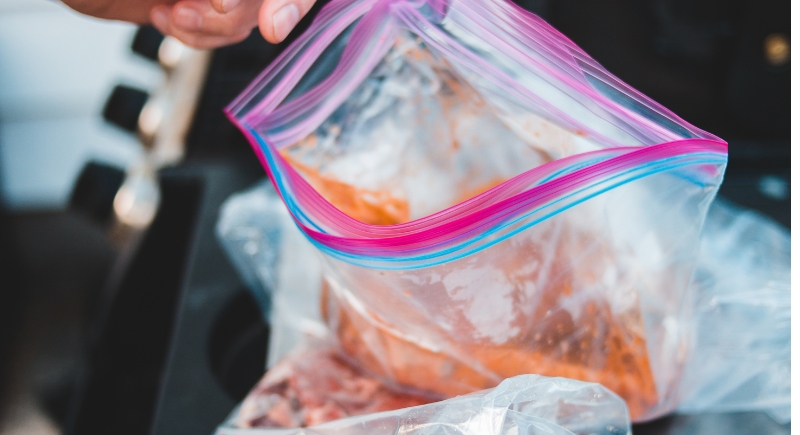
Credit: pexels
Ziplock bags were never one-and-done. After using one for snacks or leftovers, it was washed with the dishes and left to dry by the sink. That routine came from knowing replacements didn’t come easily. Even today, tossing out a barely used bag just feels wrong, like throwing away money.
Turning the Shampoo Bottle Upside Down
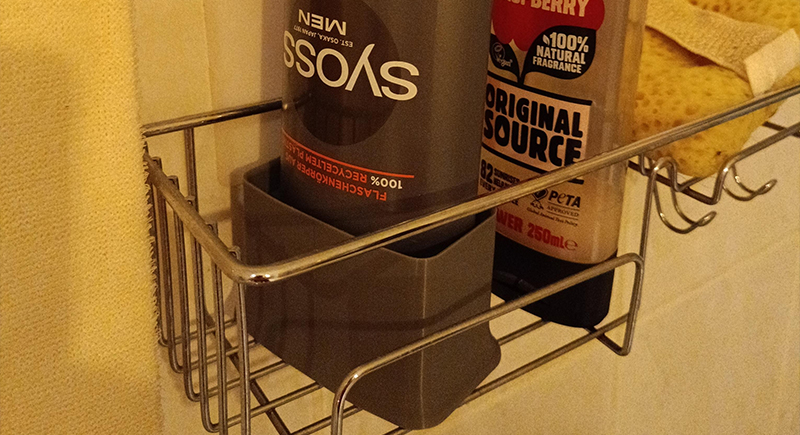
Credit: Reddit
Once the shampoo stopped pumping, the bottle went upside down in the shower corner. There was always more left inside than it seemed. Getting the most out of every product mattered. Nothing got wasted unless it was truly empty, and even then, maybe not.
Avoiding Restaurants Unless There’s a Coupon
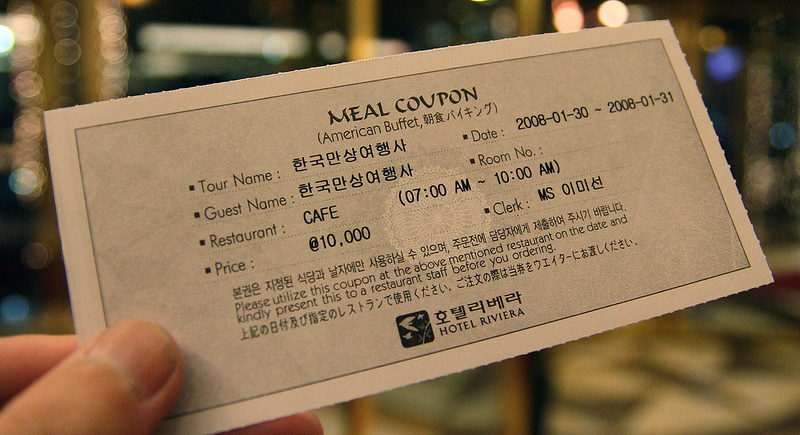
Credit: flickr
Going out to eat usually meant someone had a birthday coupon or a special deal. Full price wasn’t part of the plan. Even at present, restaurant trips start with checking for offers. It’s a leftover reflex from a childhood where dining out didn’t happen often.
Wearing Shoes Until They Fall Apart
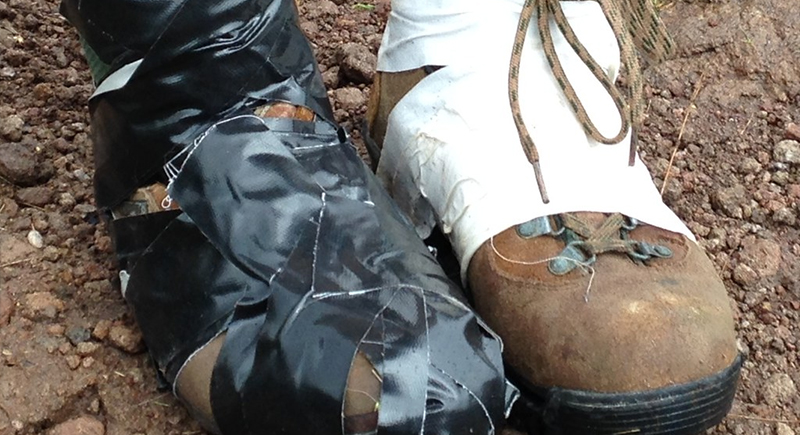
Credit: flickr
Shoes weren’t replaced unless they had holes or the soles were shot. You wore what you had until you couldn’t anymore. Buying a new pair for style didn’t make sense when the old ones still worked. Many still treat shoes as tools, not fashion statements.
Keeping a “Takeout Drawer” of Soy Sauce and Ketchup
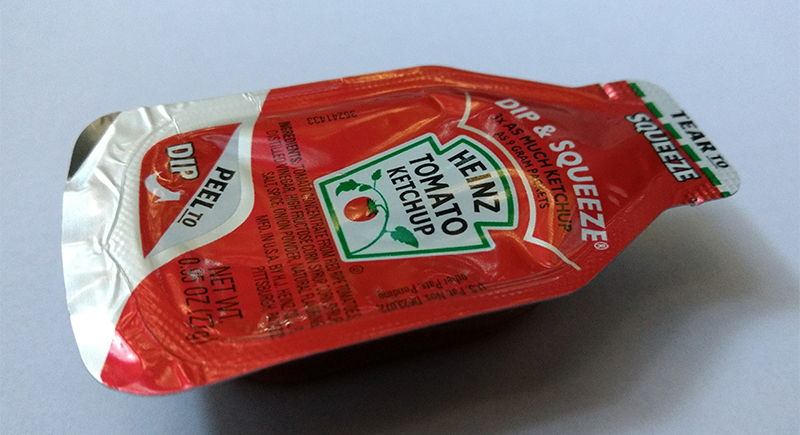
Credit: Wikimedia Commons
Fast food packets were collected in a drawer or jar in the kitchen, ready for whenever the bottle at home ran out. It was practical, especially if store-bought condiments weren’t in the budget. Those tiny packets felt like little freebies with a purpose.
Not Throwing Away Old T-Shirts
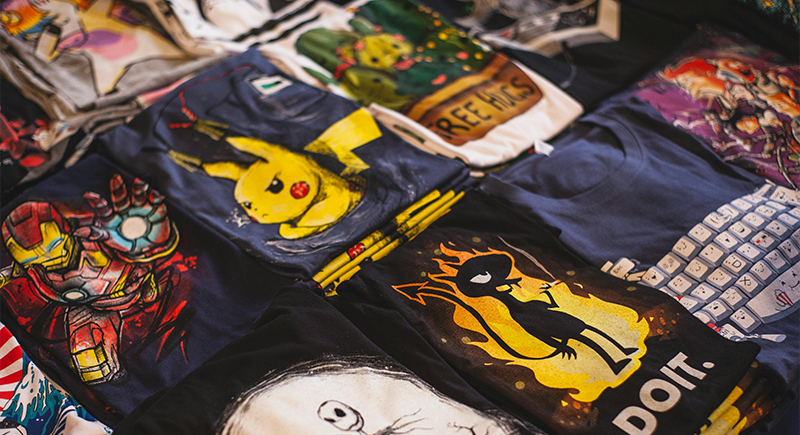
Credit: Wikimedia Commons
Old T-shirts stuck around long after their prime. They turned into sleepwear or something to wear when painting a wall. If one had holes, it became a cleaning rag. Throwing it out too early wasn’t an option. You found another use because that’s how you stretched what you had.
Comparing Prices for Everything, Even Cheap Stuff
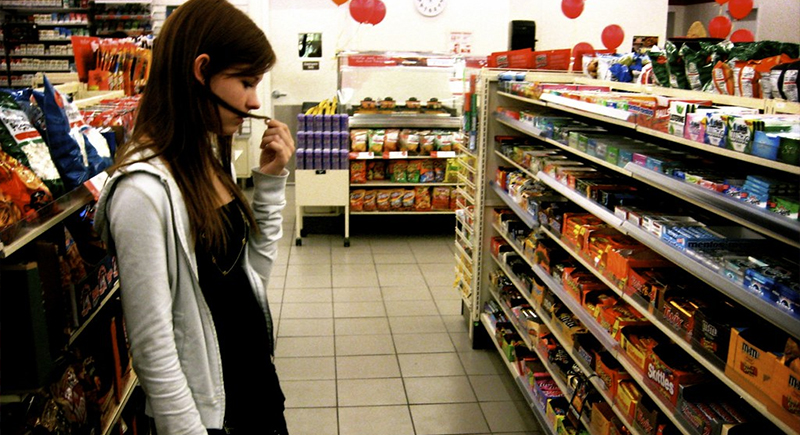
Credit: flickr
The cheaper option usually won. Even a difference of a few cents was noticed. That’s from growing up with a mental calculator, knowing how quickly small savings add up. This habit of checking tags never stops.
Fixing Stuff Before Replacing It
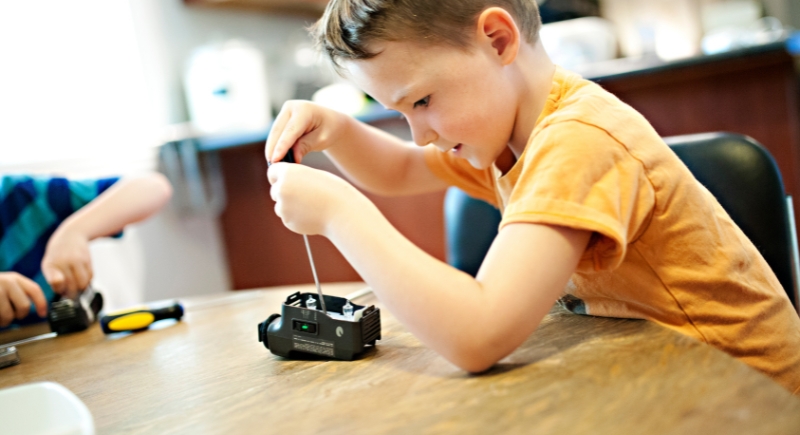
Credit: Canva
When something broke, it didn’t get replaced but was fixed. Glue, tape, thread, or whatever tools were around were used to make it work again. That kind of problem-solving became automatic. Why throw it out if it still has a little life left?
Never Wasting Leftovers
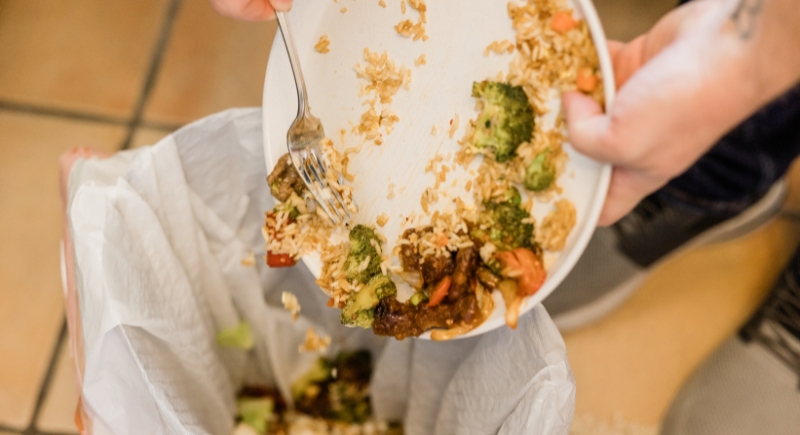
Credit: baseimage
Leftovers didn’t go to waste. They became tomorrow’s meal or got added to something new. Small portions were saved in the fridge, usually in a reused butter tub. Wasting food felt like a lost opportunity.
Keeping Gift Wrap, Bows, and Bags

Credit: Getty Images
Wrapping paper was carefully peeled, folded, and saved. Gift bags were flattened and stored for the next birthday. Bows went into an old cookie tin. Throwing away usable wrap felt wrong. It was expensive stuff, especially when money was tight.
Turning Off the Lights in Empty Rooms
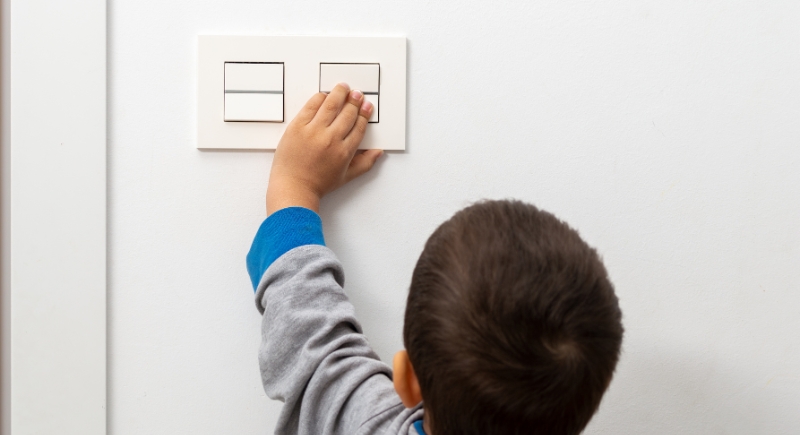
Credit: Getty Images
Leaving the lights on got you a quick reminder. Electricity wasn’t free, and every extra dollar on the bill hurt. That awareness led to flipping switches becoming second nature. Even now, some folks still walk through the house turning off lights like they’re on a mission to save cash.
Only Buying Generic Unless the Name Brand Is on Sale

Credit: photobyphotoboy
Name brands were considered special, not standard. If the store brand tasted fine and cost less, that was the pick. Even now, the default is usually generic. Spending more without a clear reason doesn’t feel right, and familiar store labels remain in the cart unless there’s a big sale.
Using Up Every Drop of Toothpaste
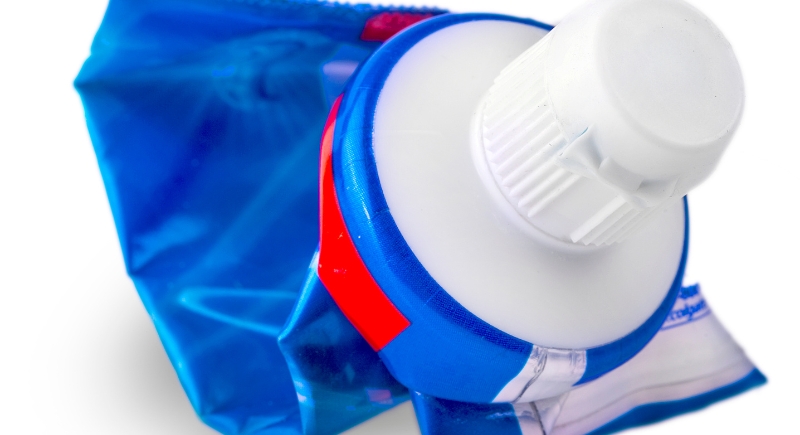
Credit: Getty Images
Squeeze, flatten, twist—repeat. That tube gave all it had. Some even cut the end open to scrape the inside. It might seem a little extreme, but it came from knowing how long essentials needed to last.
Keeping Boxes, Jars, and Containers “Just in Case”
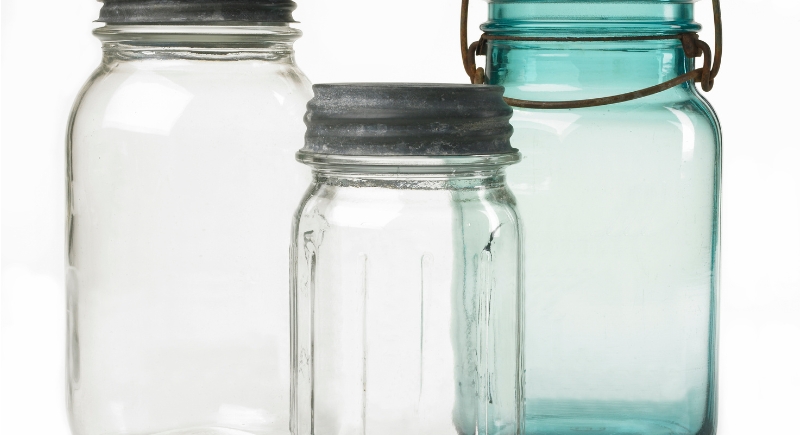
Credit: Getty Images
Butter tubs, pasta jars, and sturdy boxes were given another life by getting cleaned and stacked for storage or future use. You never knew when one might come in handy. Buying extra containers felt wasteful when something you already had could do the job.
Saving Every Plastic Grocery Bag
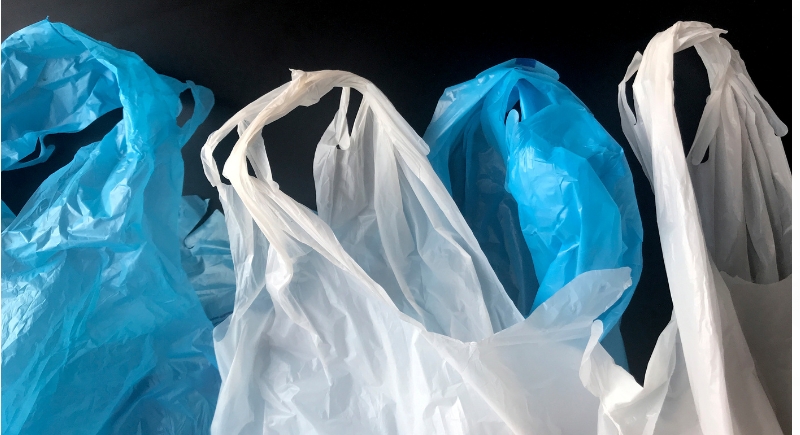
Credit: Getty Images
Plastic bags weren’t trash. They were kept under the sink for small garbage bins, packing lunches, or wrapping wet clothes. Even now, placing a bag into the trash feels strange when it could be useful later.
Avoiding Debt Like the Plague
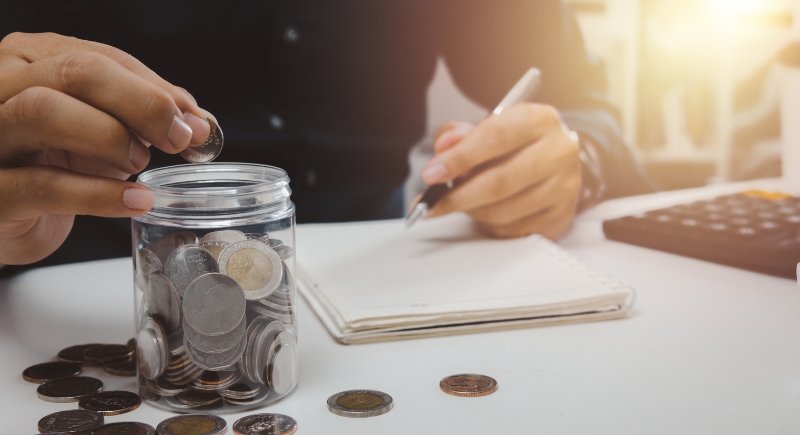
Credit: Canva
Debt wasn’t taken lightly. Watching parents stress over bills and collectors shaped a different view. If the money wasn’t there, the thing didn’t get bought. Credit was scary, not convenient. Even with more financial freedom now, borrowing still feels risky and unnecessary unless there’s no alternative.
Picking Up Change Off the Ground
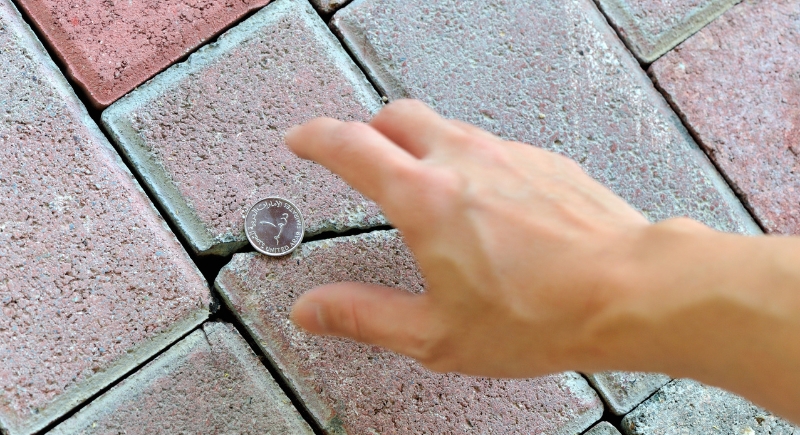
Credit: Getty Images
A penny on the sidewalk didn’t go unnoticed. Loose coins meant value, no matter how small. That instinct came from when even a few cents had power. Every bit still counts, especially when you remember what little you used to buy.
Stockpiling Toilet Paper and Non-Perishables
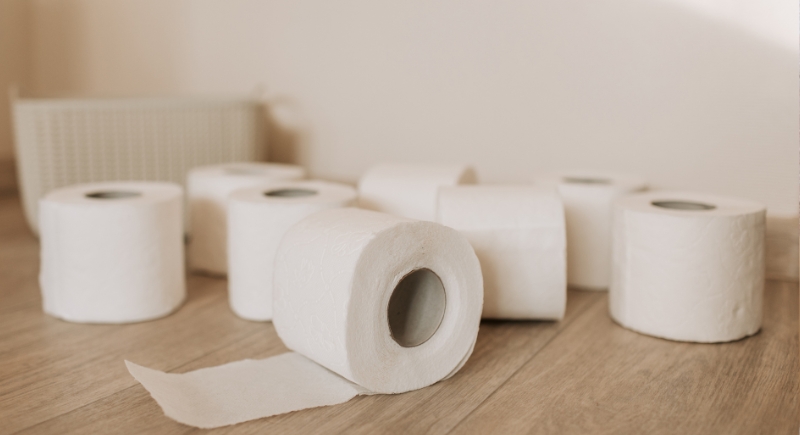
Credit: pexels
Running out of essentials once leaves a lasting impression. Canned food and toilet paper get stocked up, not because of panic but because of old instincts. Being prepared brings peace of mind, and that sense of control never leaves. Now, a full pantry is comfort built from experience.